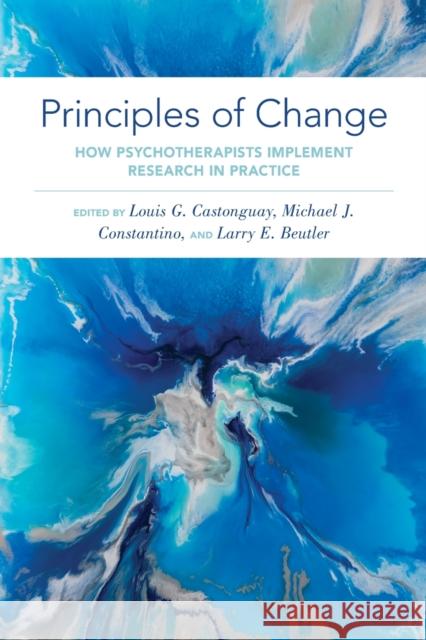Principles of Change: How Psychotherapists Implement Research in Practice » książka
topmenu
Principles of Change: How Psychotherapists Implement Research in Practice
ISBN-13: 9780199324729 / Angielski / Miękka / 2019 / 424 str.
Kategorie:
Kategorie BISAC:
Wydawca:
Oxford University Press, USA
Język:
Angielski
ISBN-13:
9780199324729
Rok wydania:
2019
Ilość stron:
424
Waga:
0.61 kg
Wymiary:
23.11 x 15.49 x 2.54
Oprawa:
Miękka
Wolumenów:
01
Dodatkowe informacje:
Bibliografia











